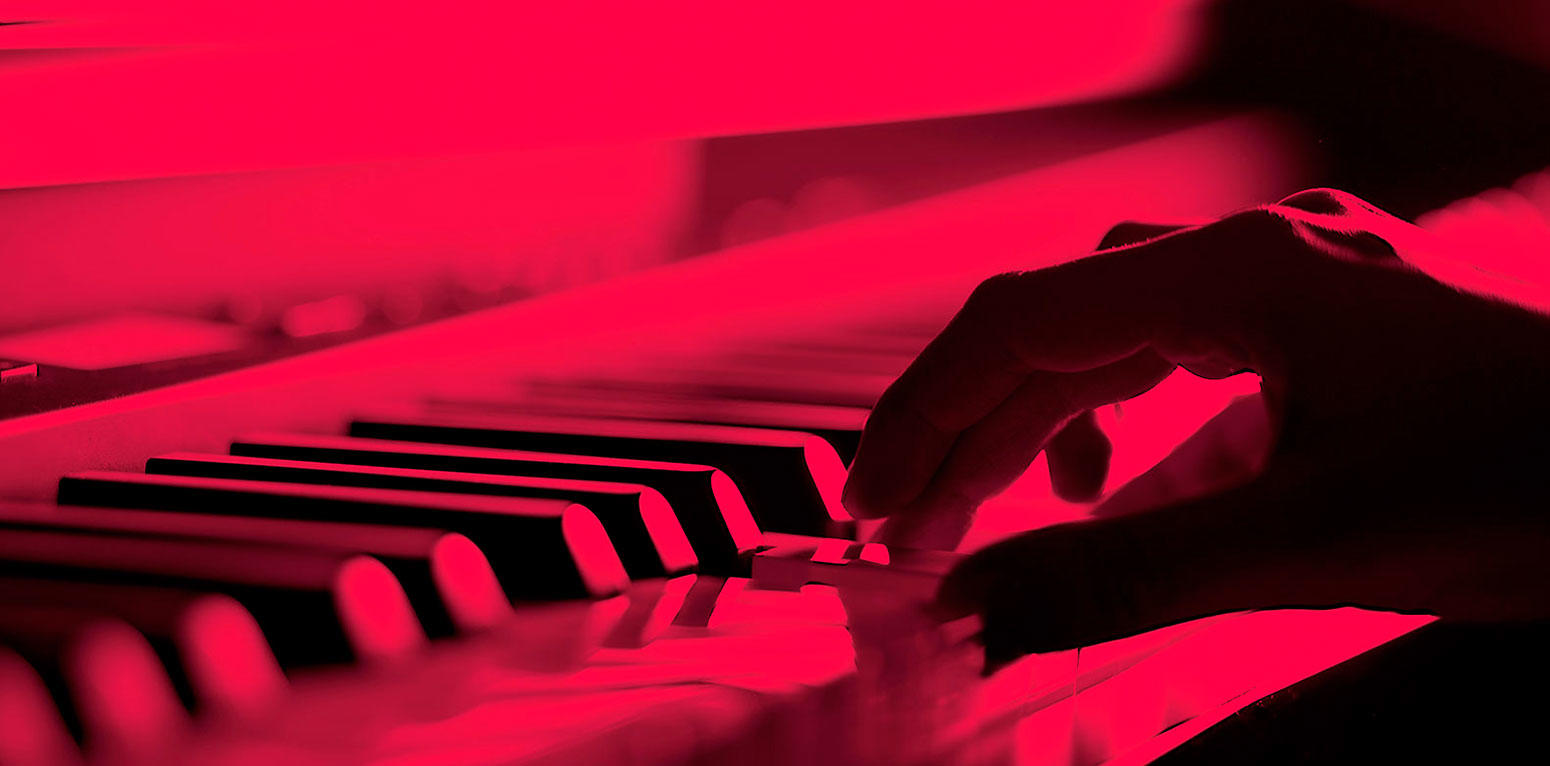
" Il tempo sospeso del volo "
Opera
Editions Zuvini Zerboni
- Nominated for : The Musical Composition Prize 2008
(Ferrara, 1961)
Nicola Sani follows his studies in composition with Domenico Guaccero then perfects himself with Karlheinz Stockhausen. He goes on to electronic music with Giorgio Nottoli.
He made instrumental compositions, electro acoustics, works for musical theater and dance, installations and mixed works presented at major festivals and international seasons of new music and electronic art.
He has received commissions from many international institutions, such as: WDR Studio Akustische Kunst-Colonia, Experimental Studio der Heinrich-Stiftung of the SWR-Strober-Freiburg, Musik der Jahrhundert-Stuttgart, Theater Trier, Loh-Orchester, Berlin Deutsche Oper, Konzerthaus, Akademie der Künste, Inventionen, SFB Sender Freies Berlin, Deutschlandradio, Electronic Studio of the TU-Technische Universität, France: Ministry of Culture French (Order of State 2000, 2003, 2004, 2005), INA-GRM Paris, Bourges IMEB, DIEM Aarhus (Denmark), Irish National Chamber Choir. Italy: from the Accademia Nazionale di Santa Cecilia, Biennale Musica di Venezia, RAI-Radiotelevisione Italiana, Roma Europa Festival, "I Teatri" di Reggio Emilia, OSER Orchestra Sinfonica dell'Emilia Romagna "A. Toscanini", Comitato Nazionale CIDIM Musica, Festival Musica Presente-Teatro alla Scala di Milano, Festival sul Novecento di Palermo, Teatro di Roma, Teatro Sociale di Rovigo, Centro Ricerche Musicali CRM di Roma, Nuova Consonanza. His compositions are published by Editions Suvini Zerboni, Milano. His CDs are published by Stradivarius, Agora, Warner-Fonit, Limen, Taukay, PH Music Worx Musicaimmagine Records, Wergo, Prestel, Mnemosyne, Pueri Chantores Luxembourg, National Gallery of Ireland. In the field of cinema, video art, theater and entertainment, he collaborated with Michelangelo Antonioni, Mario Sasso, Daniele Abbado, Roberto Ando, Nam June Paik, Fabrizio Plessi, Studio Azzurro, Compagnia Sconta Corte, Ugo Gregoretti David Ryan.
He is editor of the review Musica / Realta and collaborator of the weekly "Diario". In addition, he is the author of the book "Musica Espansa" (with Francesco Galante) published by Ricordi-Lim, Milan, 2000.
His honours : first Prize, Golden Nica "Ars Electronica" in Linz (Austria) with the painter and video artist Mario Sasso, for "Footprint", production RAISAT 1990; special jury prize at Prix Italia Torino, for the work "Frammenti sull'Apocalisse" (Fragments of the Apocalypse, directed by Daniele Abbado, text by Roberto Andò ) in 1994, Prize-Erato Farnesina Italian Ministry of Foreign Affairs composer in Berlin in 1997-1998; Guggenheim Award for installation intermedial "La Torre delle Trilogie" with Mario Sasso in 1999. He was responsible for the music section of the Festival "Arte Elettronica" of Camerino, he took care of the section of the Festival of Electronic Art Roma Europa, and finally he was artistic director of the festival of contemporary chamber music "Emergenza" Rome in 1997-99.
Currently he is artistic adviser at the Universitaria dei Concerti IUC Istituzione of Rome, and the artistic director of the Project "Sonora", with support from the Ministry of Foreign Affairs and the Ministry of Heritage and Cultural Activities for the dissemination of the new Italian music abroad. He also serves on the administration board of the Teatro dell'Opera in Rome. In 2004, Nicola Sani is President of "Fondazione Isabella Scelsi" of Rome, dedicated to the study and dissemination of the work of Giacinto Scelsi.
NOTICE
Musical theater in our history.
The work is based on the facts of the judge Giovanni Falcone, who was killed fifteen years ago by the mafia.
Different support materials, the structure based on criteria of coexistence and simultaneous actions, were used in the representation this story.
Historical references indicate some abstract and emblematic ideas of the human condition.
SUMMARY OF THE STORY
A man is in a plane, there will be an attack after this flight where he will lose his life. During this flight , he remembers the past memories and present problems. Lost in thought, the latter disposes in an ordinary way checks and traces of names until there is a gigantic mosaic.
Through his voice, we are obliged remember the words and written traces that are forgotten forgotten. The man reveals his roots that are his strength, but they are common to his enemies and show when he questions them : everything becomes a language of looks. He tells us his life, in which every moment is accompanied by death. The memories come in "flashback": the journey makes them present, real. Even the purpose of this trip is not the future but the present moment and is manifested as a reminder. There are days like this, where situations are not yet past but are familiar to us .
Nicola Sani

